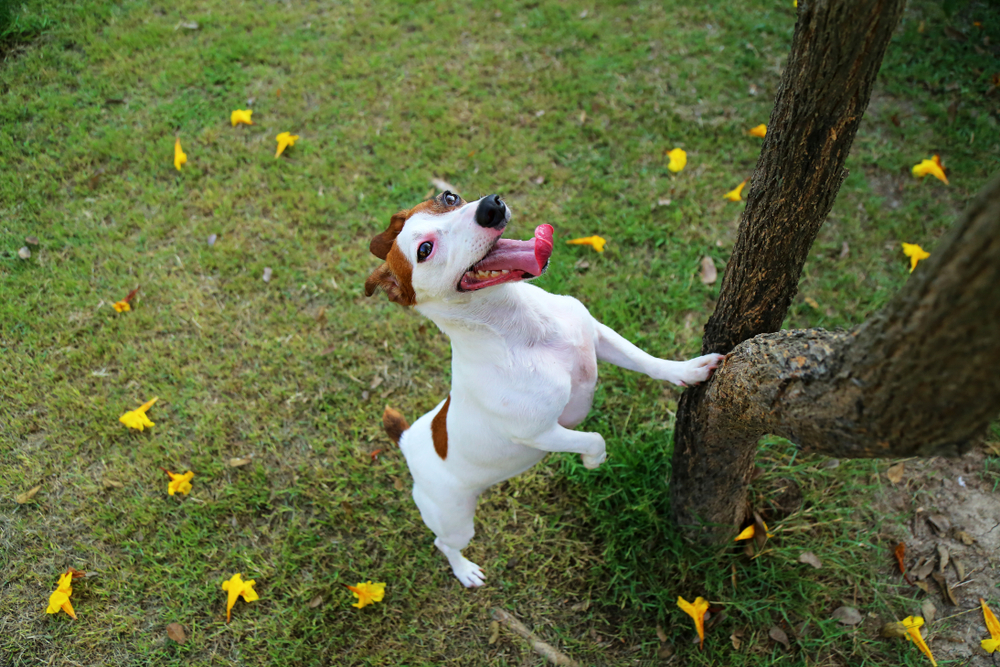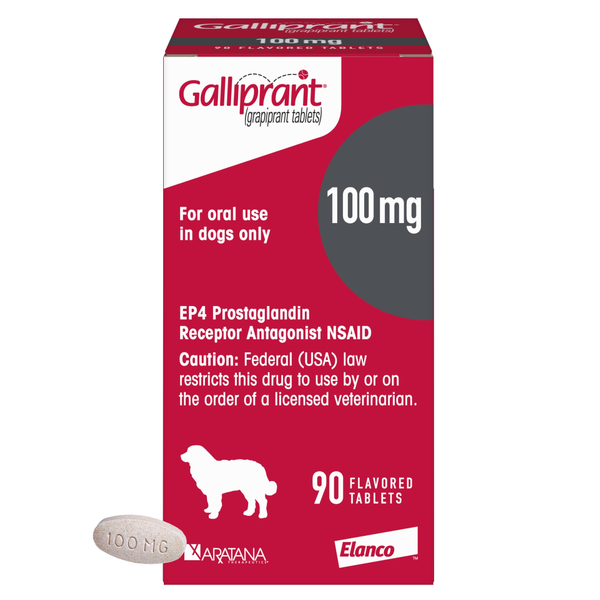Why Isn’t My Dog Jumping Anymore?

Dogs love nothing more than to be physically close to their favorite people. From the tiniest Chihuahua to the largest Great Dane, most dogs will find a way to snuggle into your lap or right up next to you. And unless you’re someone who, for whatever reason, prefers to sit exclusively on the floor, your dog will need to jump in order to achieve the closeness they crave.
“Dogs evolved from wolves who figured out that humans have really good stuff,” says Dr. Julie Albright, DVM, a veterinary behaviorist and associate professor at the University of Tennessee College of Veterinary Medicine. “And 100,000 years later, we share a very strong mutual bond. Dogs want to be close to us, and because we often sit in elevated, cushy spaces, they want to follow us.”
But what happens when your dog stops jumping? Or struggles to jump? Here’s what you need to know about what these changes mean and when you should worry about a dog who can’t jump up.
Dog Jumping: What’s Normal?

When a dog jumps up, they rely heavily on their hind legs, says Amy Campbell, CPDT-KA, a certified professional dog trainer with Behave Atlanta. “When they jump down, they feel it in their arms, wrists, elbows, and shoulders.”
In general, if your dog has a lot of energy, they’ll probably jump a lot more than dogs who tend to be more sedate, Campbell adds. However, even more predictive may be your dog’s size.
“Small breeds may jump on furniture or objects more frequently to gain access to people and things that larger breeds can access without jumping,” she says. Because all breeds (and many species) find it advantageous to have the higher ground, the behavior is fairly universal.
Why Isn’t My Dog Jumping? 5 Potential Reasons

If you notice your dog has suddenly — or gradually — become reluctant to jump or seems to have difficulty jumping, it can be cause for concern. Here, we’ll delve into five potential factors that could be causing your dog’s less-jumpy less-jumpy behavior. Understanding these possibilities is crucial when it comes to providing the right care and support to our furry friends.
1. General pain
“It’s rare for a dog never to jump, unless it’s uncomfortable for their body,” says Campbell. For example, dogs with pain in their back, feet, or legs may be reluctant to jump.
Sometimes, Campbell says, all a dog in pain needs is to rest for five to seven days. After that, if they feel better, they are likely to start jumping normally again. But if nothing changes after that period of rest, you may want to consult a veterinarian.
Pain-related changes in jumping behavior are often due to strains or sprains, which can usually be identified by a vet. But in situations where a physical exam, X-ray, or other tests don’t reveal an obvious cause, Campbell suggests working with a certified physical therapist (PT) who can assess the injury and help come up with a plan to heal or rehabilitate your pet.
“Whether surgery is needed or not, a good PT can aid your dog in rebuilding strength and mobility to go back to living life,” she adds.
2. Arthritis pain
Arthritis in dogs occurs when there’s inflammation in the joints. Just like it is in humans, the condition is more prevalent in older populations of pets. However, it can impact your dog’s willingness to jump up or down at any age.
Veterinarians diagnose osteoarthritis in dogs the same way they would for other bone, muscle, and joint conditions: a physical exam, as well as an X-ray and potentially other tests if necessary.
3. Your dog is tired
Sometimes, the reason your dog may not jump when you expect them to can be simple: They’re just tired. This is why you don’t necessarily need to freak out if your dog’s non-jumping behavior is a rare or isolated incident.
“If you just went hiking, or your dog had serious playtime the day before, they probably just need to rest,” Campbell says.
However, if the unusual behavior continues beyond a day or two, it’s worth a call or visit to your veterinarian to determine if something else could be causing your dog’s sudden behavior change.
4. Excess weight

For dogs carrying extra pounds, the reason why they may stop jumping could be due to the discomfort and joint pain that often accompanies being overweight or obese.
“We have an obesity problem in American pets, particularly large breed dogs,” says Albright. However, it’s easy to get so accustomed to how your dog looks, it may be difficult to tell if your dog is overweight.
One way to combat that uncertainty is to gauge your dog’s body condition score, which is similar to the human body weight index. In dogs, the scores run from one to nine, with the higher numbers indicating the highest risk of obesity.
Albright says the average American dog is probably around a seven, when they should ideally be around a five. If you suspect that’s your dog, Albright recommends you speak with your veterinarian about ways to help your dog lose a few extra pounds.
And, in order to potentially prevent weight gain, one thing she cautions is to avoid relying too heavily on the recommendations on bags or cans of food when it comes to serving sizes for your pup.
“The back of the bag is a recommendation, not an end all be all,” she says. “For your dog, it might be too much. It’s best to rely more on what the scale is telling you than what the bag says.”
5. Fear or anxiety
While many reasons your dog may stop jumping are physical, it’s also important to consider psychological reasons for the behavior change, as well.
“Behaviorally, a change in jumping up into the car might indicate fear of car riding,” Campbell says. She notes that she sees this often, and it can stem from a dog’s fears about a particular destination that a trip in the car represents, like to the vet.
Additionally, if your dog only seems reluctant to jump in one particular area or setting, Campbell says it’s worth considering if the dog may have slipped or had a bad experience jumping in that spot.
If medical issues have been ruled out and your dog is jumping without issue elsewhere, Campbell suggests, “You can work through this on your own or with a behaviorist or trainer to bring back confidence with jumping in that spot.”
What to Do About Dog Jumping Changes

Jumping is a normal part of a dog’s daily life. However, for that normal activity to occur, Campbell says your dog needs three things: confidence, good health, and stable surfaces.
If your dog isn’t jumping and nothing has changed in your environment that could explain it, Campbell recommends focusing on their health and confidence to determine the cause and get them back on track.
Observe your dog for a few days to gather intel on their jumping (or non-jumping) behavior. When does it happen? Does it come and go? Is it isolated to certain areas or activities? Do you notice any other signs that could be related, such as limping, whining, or decreased appetite?
Not only will this help you determine whether you need to consult your veterinarian (for physical issues) or a behaviorist (for training issues), but it will provide key details your provider can use to treat your pet.
Don’t wait too long to contact a professional, however. As Campbell noted earlier, if the behavior persists, no more than a week should pass before you talk to your vet or behaviorist about your dog not jumping.
If it is a health issue, be sure to ask your veterinarian about the best way to help manage any pain your dog may be feeling. Your vet may prescribe a non-steroidal anti-inflammatory medication, such as Carprofen, Meloxidyl, or Galliprant.



If excess pounds are the problem, a prescription diet for weight loss may be part of the longer-term plan to slim your dog back down to jumping weight.

While observing or during treatment, if your dog is still struggling to jump normally, give them some help. “Older dogs, as well as small dogs, can be greatly aided by stairs or ramps to make going up and going down gentler on their bones, muscles, and joints,” Campbell says.









